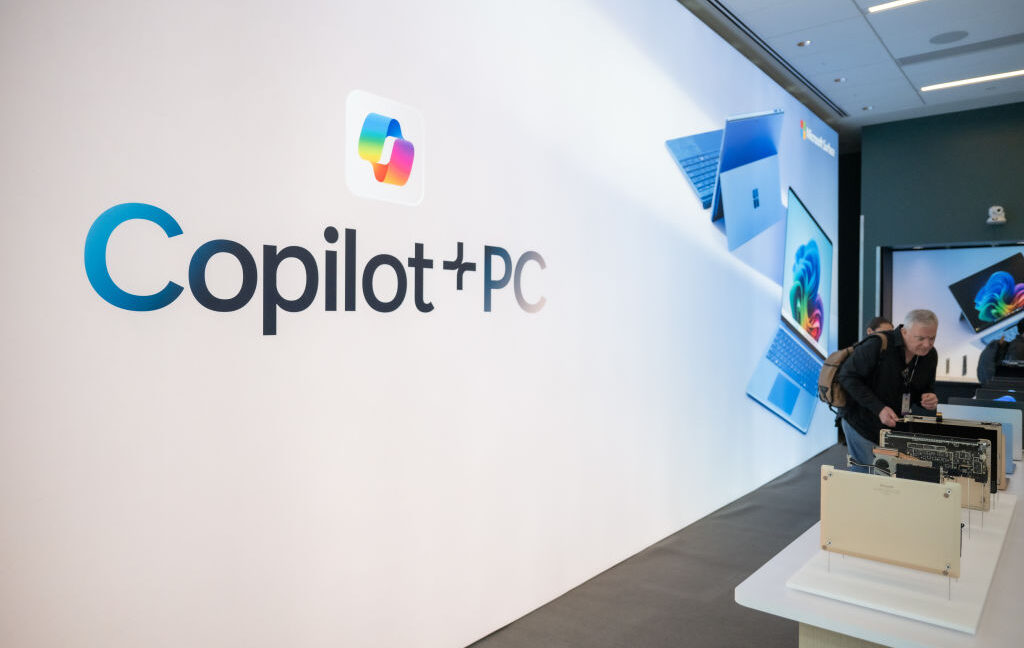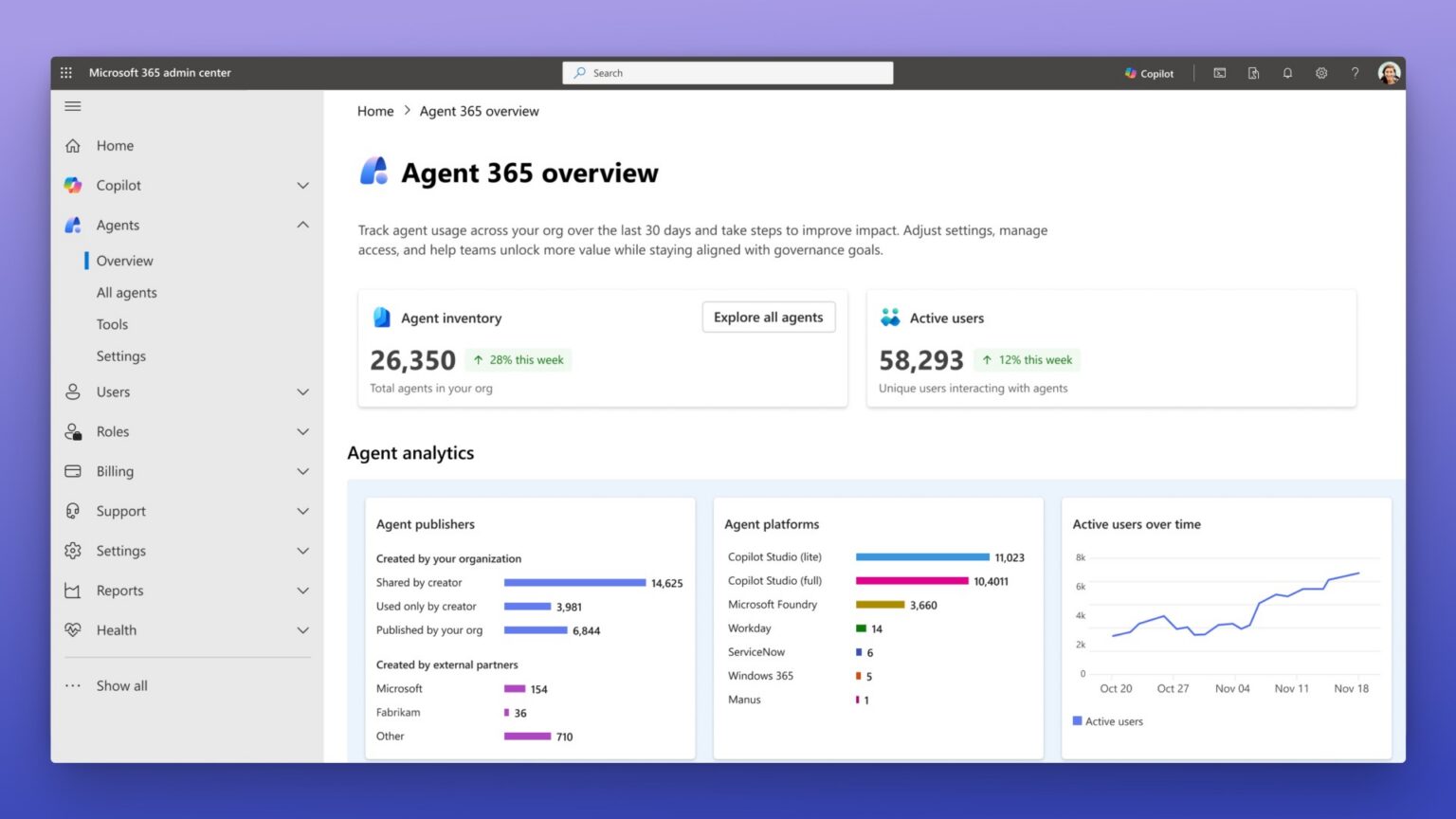Integrating Machine Learning into .NET Healthcare Apps
PositiveArtificial Intelligence
- The integration of machine learning into .NET healthcare applications represents a pivotal advancement in healthcare software, enabling systems to analyze and interpret extensive data generated by various sources.
- This development is crucial for healthcare providers as it enhances decision
- The broader context highlights a growing trend in the tech industry towards embedding AI capabilities across platforms, as seen in Microsoft's initiatives to create autonomous systems and enhance operational efficiencies in various sectors.
— via World Pulse Now AI Editorial System




